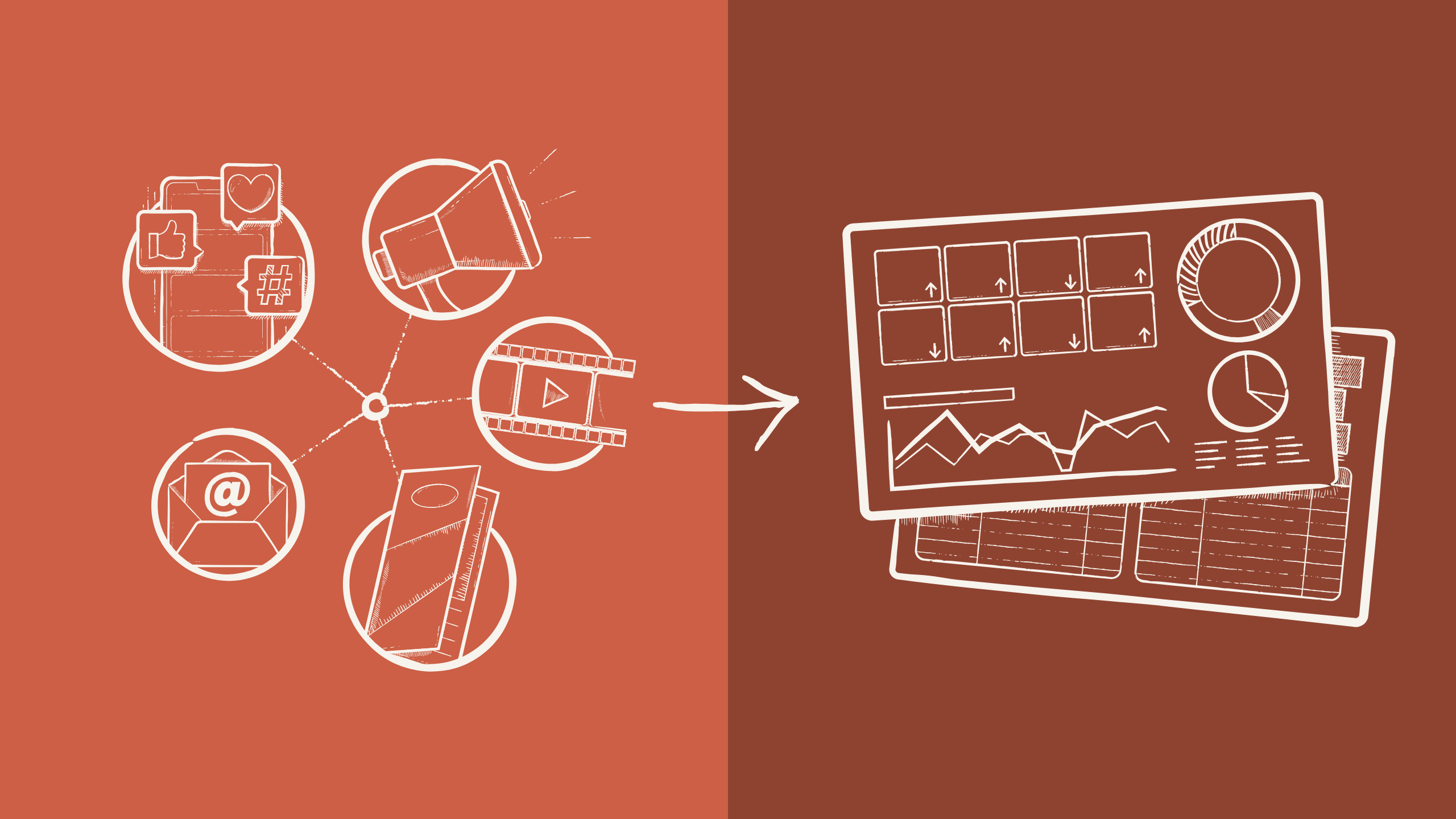“Build it and they will come” doesn’t work for websites. As one of your first impressions to prospective audiences, your website must tell a good story of who you are and what you offer. Instead of just sitting down and typing out your content, you need to think about keywords and search engine optimization first for content that will draw people in now and over time.
What is SEO + Why Should You Care?
Search engine optimization, or SEO, “is what you do to rank higher on Google and get more traffic to your site,” according to WordStream. SEO includes making technical and content updates to help a site become discovered by people using search engines. A search engine is a platform like Google, Bing or even YouTube or ChatGPT that searches for and identifies items relevant to a user’s query.
For example, let’s say your child needs a haircut, so you pull up a search engine and type in “children’s haircuts in Atlanta, GA.” The websites that will be shown in the search results will appear, in part, because the phrase you searched for is included within that website’s content.
It’s worth noting that some search results may appear as “sponsored” or an “ad,” meaning it’s an advertisement and the business is paying to appear first in the search results…yes, even SEO can be a pay-to-play game, but that’s another blog for another day. Today, we’re sticking to the basics.
The gist is that if you optimize your site for search engines, with time, your site will become more visible by being placed higher in the search engine results pages. A better ‘search results ranking’ leads to the possibility of more organic traffic coming to your website, which can lead to increased sales.
Understanding Keywords: What They Are + How They Work
The words you use in Google or other search engines that help you find products, services and other information are called keywords or keyphrases. You may also see them referred to as focus keywords. These are the words or phrases that tell search engines what your page or post is about. When people enter that keyword or phrase into a search engine, the ultimate goal is that your page or post is displayed in the results, ideally on the first page.
Keywords can include short-tail and long-tail keywords. Short-tail and long-tail keywords are not completely about the length of the word or phrase. It boils down to popularity, and people tend to search for shorter keywords or phrases. For example, people would likely search for a term like “furniture” instead of “vintage office furniture” or “mid-century living room furniture.” However, it can be easier to rank for long-tail keywords because they are less competitive. Short-tail and long-tail keywords come with their pros and cons, and an SEO strategist can help you find the right mix for your site based on your current content and for the topics you want people to use to find you.
We’re just scratching the surface here. There’s much more that goes into SEO and keyword strategy, so stay tuned for part two, where we’ll dive into finding keywords, using them in context and more.
If you want to learn more about SEO for your website, let’s chat! Contact us to request a time to talk about SEO, content strategy and how we can help you with both!
Glossary
Search engine optimization:
The actions you take to help your website rank higher on search engines like Google and drive more traffic to your website. Also known as SEO.
Keywords:
The words or phrases you use in your content to help your audience find your website through search engines. Also referred to as keyword phrases or focus keywords.
Search engine results page:
The page or pages generated by a search engine as a result of a user’s query. The search engine results pages, or SERPs, will provide links to relevant websites related to the query.
Search results ranking:
The position a website or webpage is placed in the list of results on a SERP for a given keyword. Also known as search engine ranking.
Keyword research:
The process of identifying words or phrases people use to find information through search engines.




